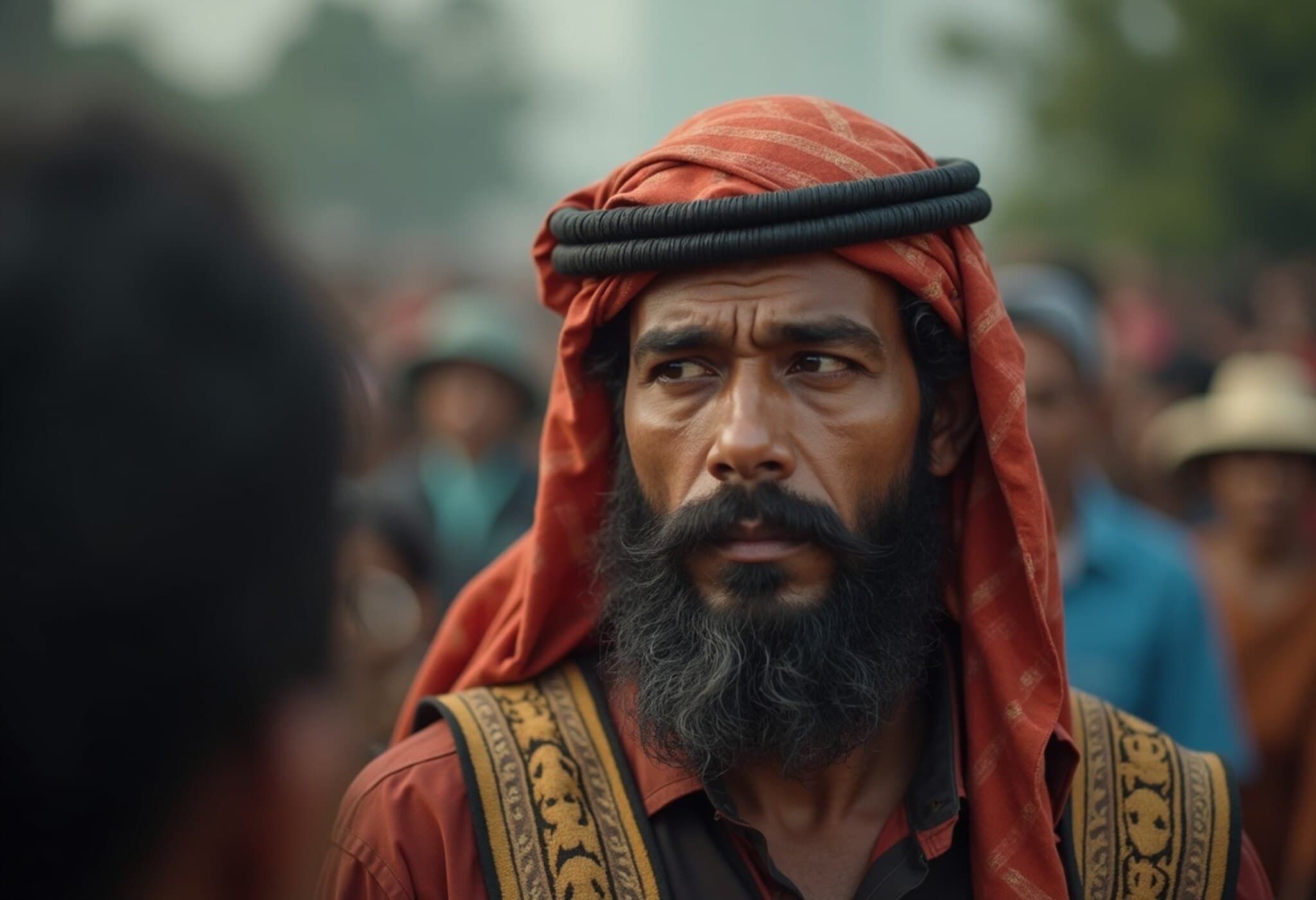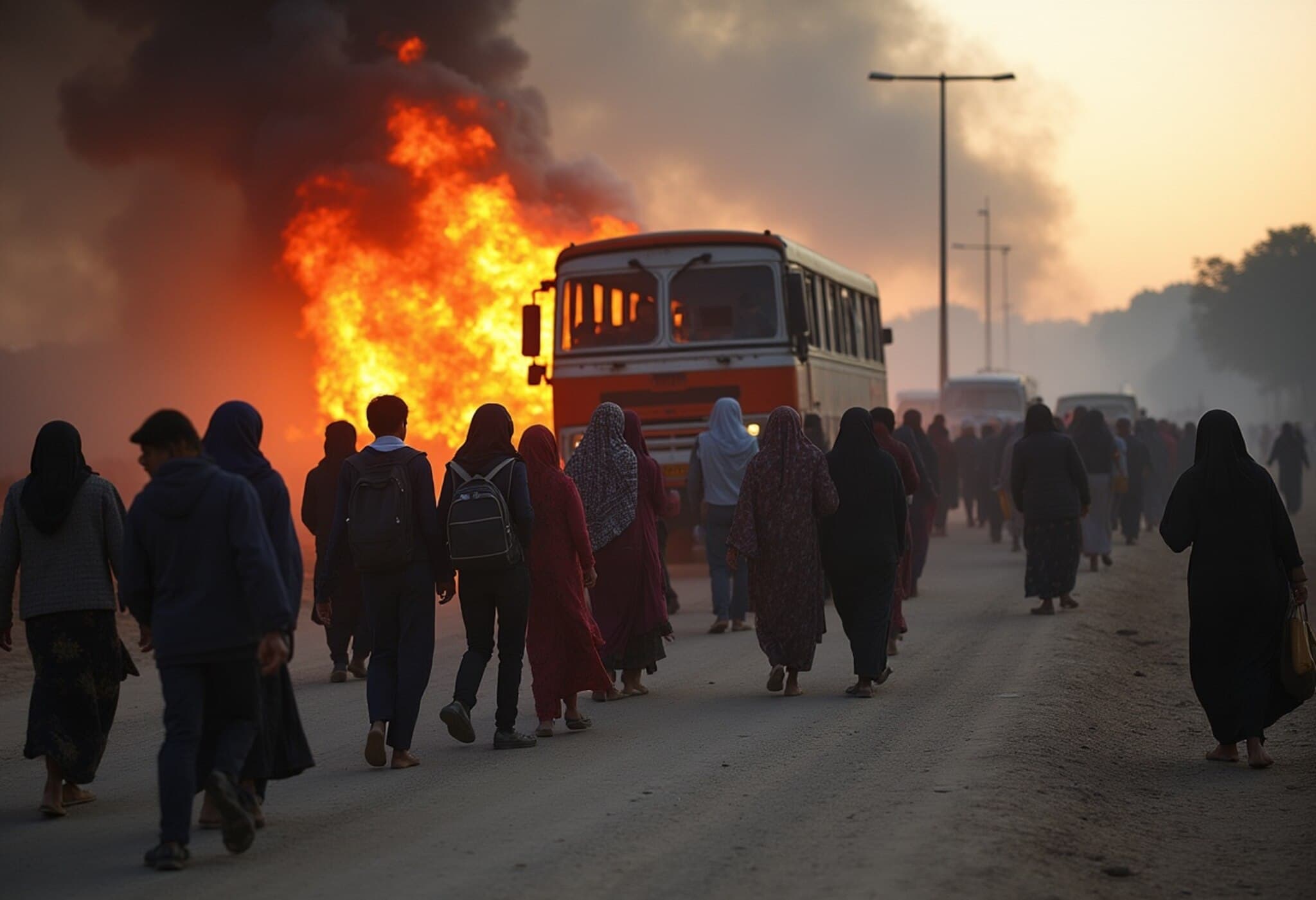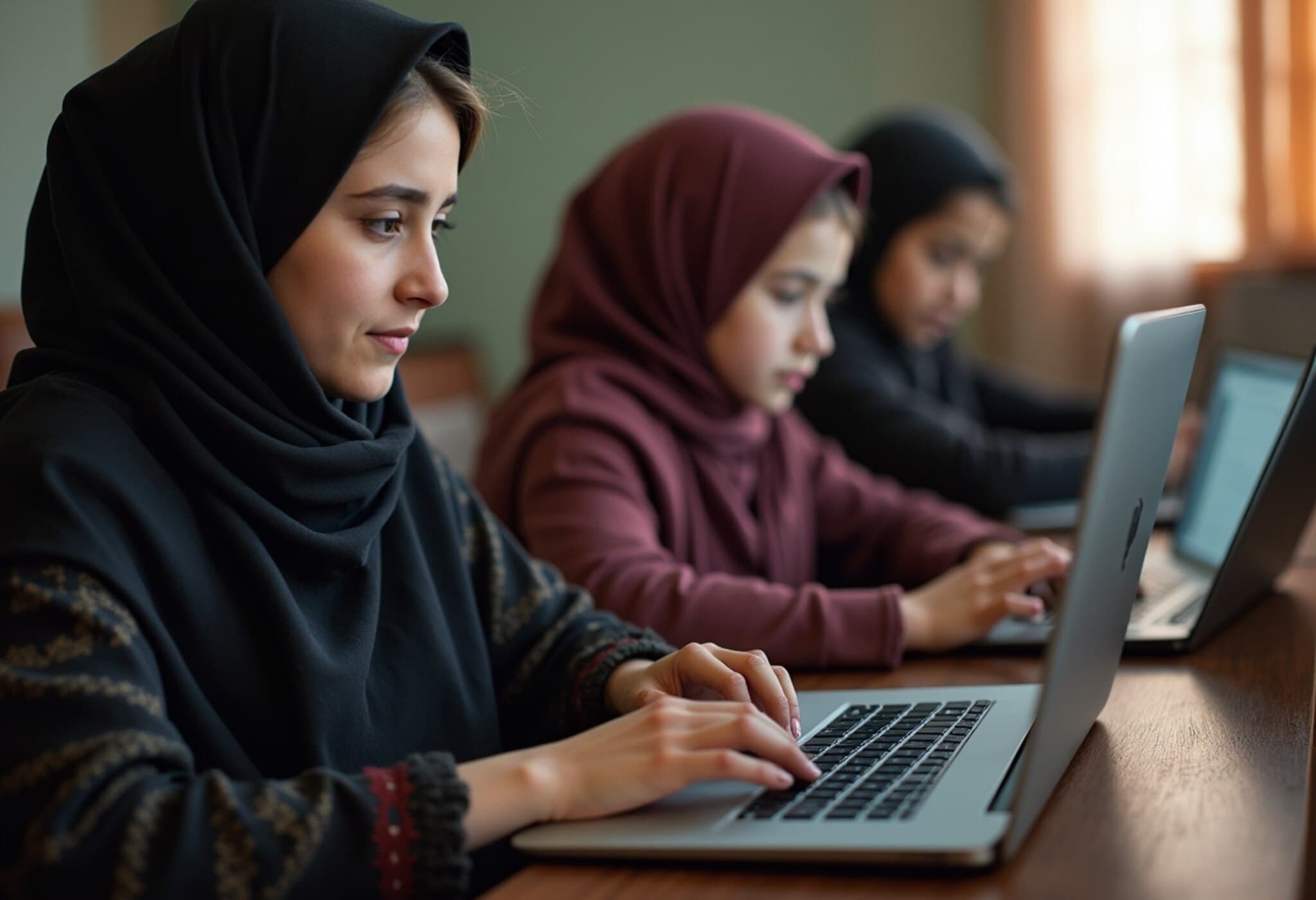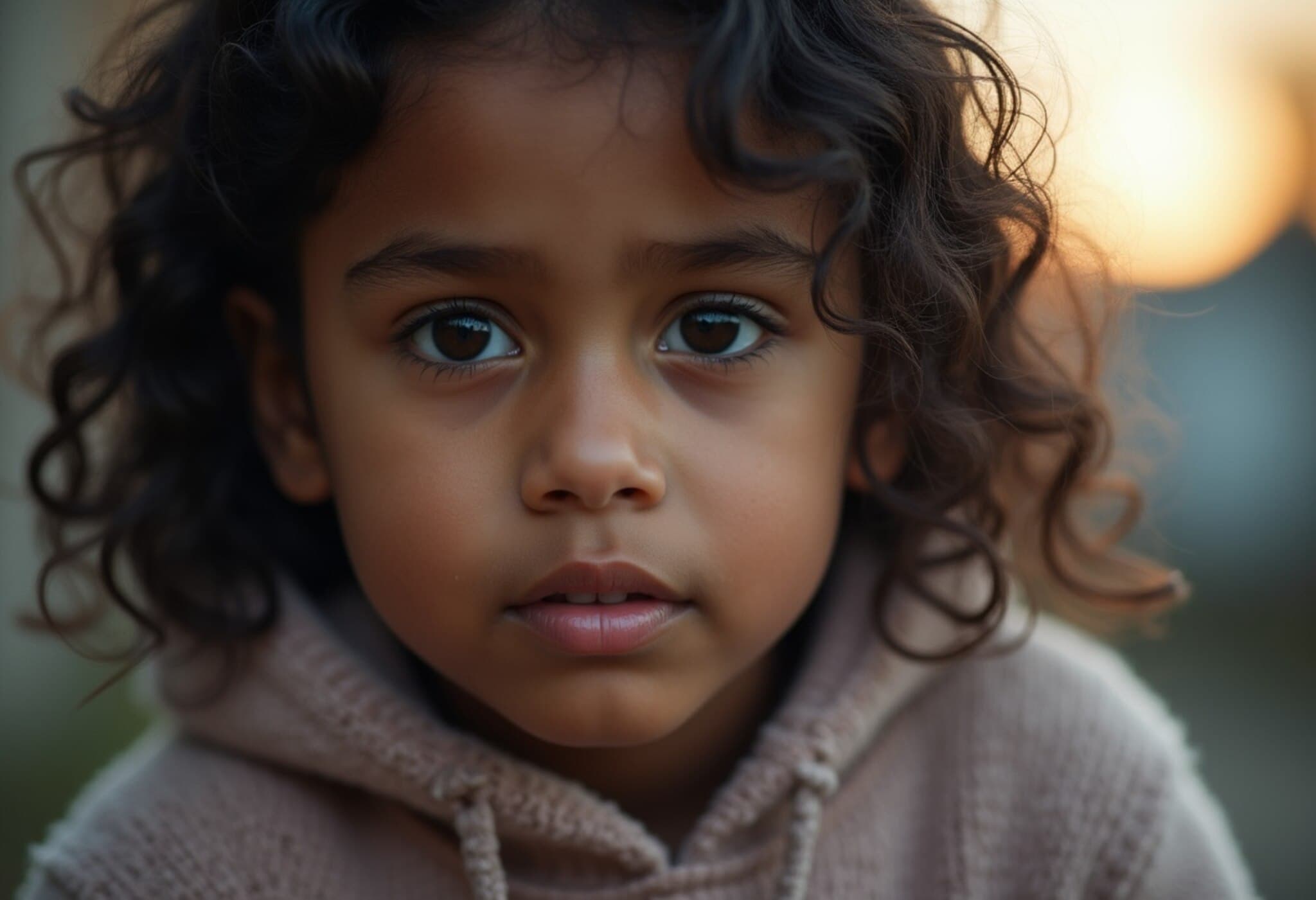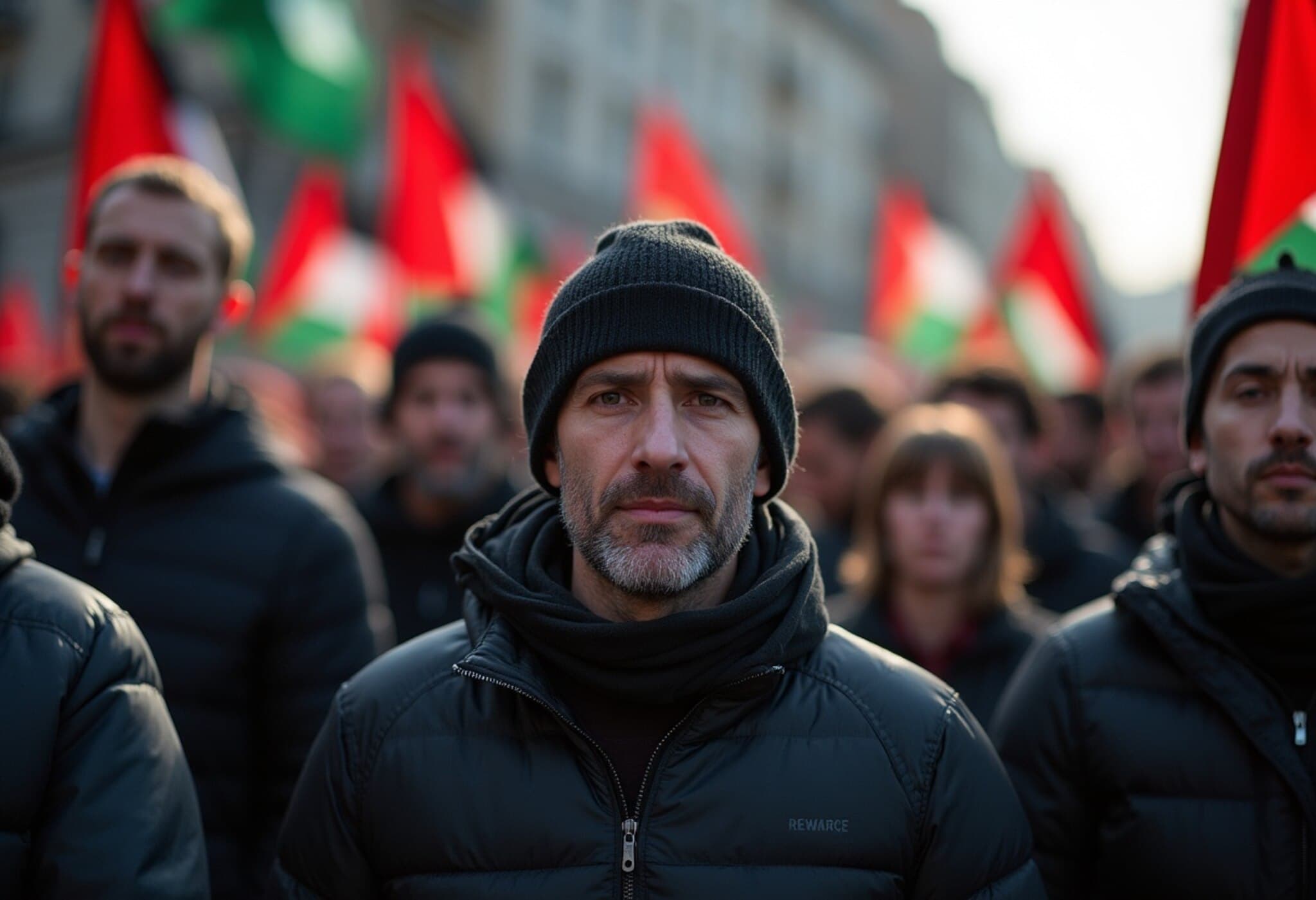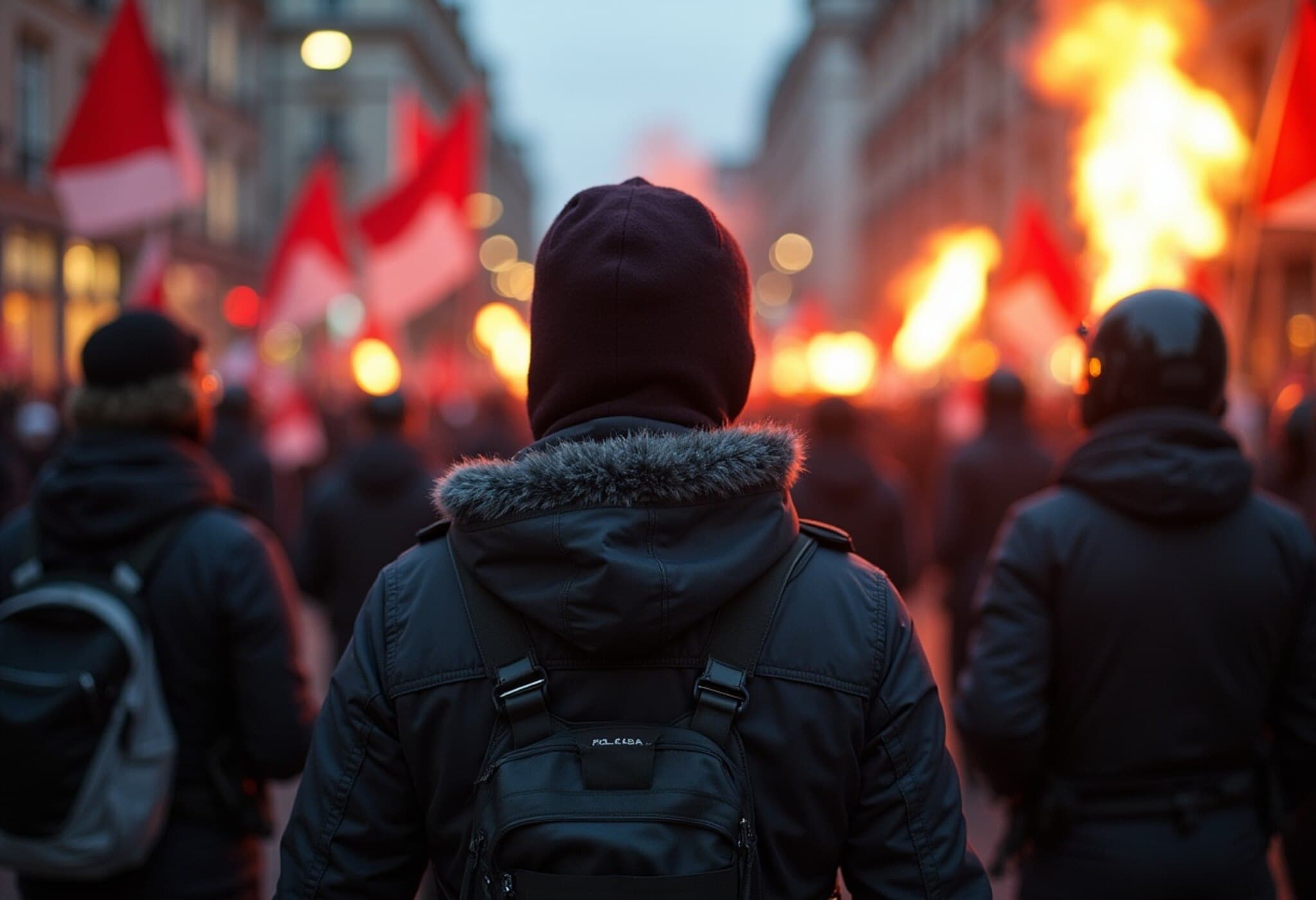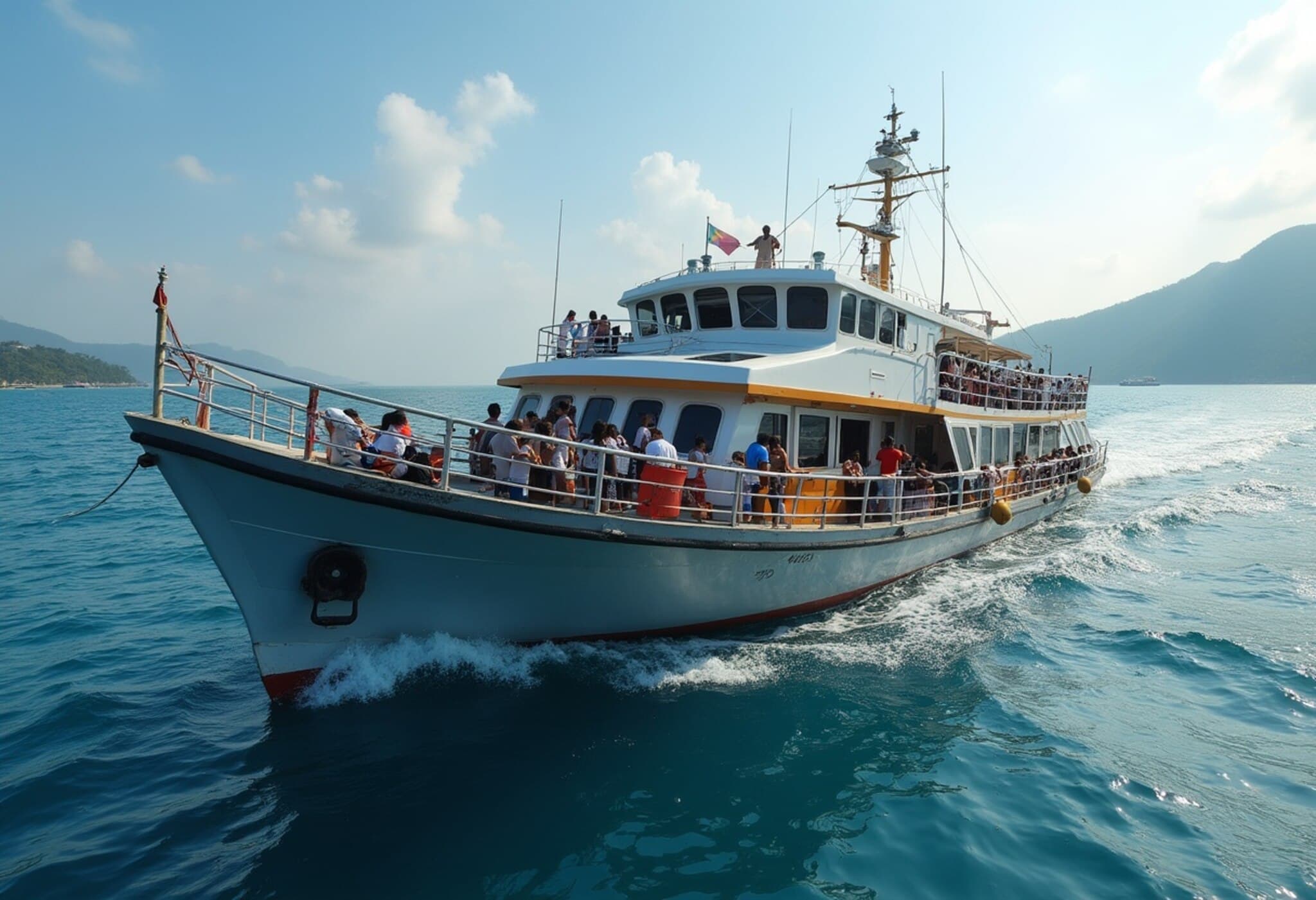Indonesia's Aceh Province Enforces Public Flogging for Same-Sex Relations
In a stark reminder of the deep regional disparities in human rights enforcement within Indonesia, two men were publicly flogged 76 times each in the conservative province of Aceh after being convicted under strict Islamic law for engaging in same-sex relations. The punishment was meted out in the provincial capital, Banda Aceh, on August 26, 2025, and has been widely condemned by human rights organizations worldwide.
Legal Context: Aceh’s Special Autonomy and Sharia Implementation
Aceh stands apart within Indonesia for enforcing sharia law — a version of Islamic law that governs many aspects of daily life — following its special autonomy status granted in 2001. This autonomy was intended to pacify a separatist insurgency but has also entrenched traditionalist legal codes not found in the broader Indonesian legal framework. While same-sex relations are decriminalized in most of Indonesia, Aceh explicitly bans homosexual conduct, categorizing it as a crime punishable by public caning.
Details of the Incident and Punishment
The two men were part of a larger group of ten individuals punished on that day for a variety of offenses. Accused of engaging in same-sex relations after being discovered by police in a public restroom, the pair were sentenced initially to 80 lashings but received a slight reduction because of time spent detained. The punishments were carried out publicly at a city park, where a crowd gathered to witness the flogging, administered with rattan sticks by authorities enforcing sharia law.
- Accusation Source: A civilian reportedly alerted authorities to the men’s presence in the public restroom.
- Other Punishments That Day: Included floggings for adultery, being in close proximity to unrelated members of the opposite sex, and online gambling.
Human Rights Backlash and Wider Implications
The brutal punishment reignited global debates about the criminalization of LGBTQ+ individuals and the use of corporal punishment. Amnesty International’s regional research director, Montse Ferrer, condemned the act as a violation of basic human dignity, emphasizing that criminalizing consensual same-sex conduct “has no place in a just and humane society.”
This event spotlights the complex tension between localized enforcement of religious laws in parts of Indonesia and the country’s broader commitment to human rights. It raises urgent questions about how Indonesia reconciles its diverse cultural landscape with international norms and the rights of minority populations.
Community and Cultural Nuances
Within Aceh, public caning retains significant local support and is considered a legitimate punitive measure for offenses such as alcohol consumption, adultery, and gambling. Many locals view these punishments as integral to preserving societal morals rooted in Islamic tradition. This cultural acceptance contrasts sharply with viewpoints in many other parts of Indonesia and the global community, illustrating the country’s intricate patchwork of legal and social norms.
Expert Insights: The American Perspective on Religious Law and Human Rights
From an American legal and policy standpoint, this incident underscores the challenges of respecting cultural sovereignty while advocating universal human rights. The United States, a nation that champions LGBTQ+ rights and freedom from cruel and unusual punishment, faces a diplomatic tightrope when engaging with countries like Indonesia that have heterogeneous legal systems.
Further, the case provokes critical consideration about the role of international law and diplomacy in addressing human rights abuses without infringing on national or religious autonomy. Advocates argue for incremental engagement, promoting dialogue and education to alleviate harsh penalties while respecting cultural contexts.
Looking Ahead: Key Questions and Pathways
- How can Indonesia’s national government balance regional autonomy with the protection of minority rights?
- What mechanisms exist to pressure regions enforcing corporal punishment to align with international human rights standards?
- How might civil society within Aceh and Indonesia more broadly push for reforms that support LGBTQ+ rights?
- What lessons can global human rights advocates learn from interacting with countries that have pluralistic legal codes?
Editor’s Note
The recent flogging of two men in Aceh shines a harsh light on the ongoing struggle for LGBTQ+ rights in regions governed by strict religious laws. While local cultural norms maintain firm control, the clash with global human rights values remains stark and unresolved. This incident challenges readers to contemplate the complexities of legal pluralism and the pursuit of dignity and equality worldwide. The road ahead requires nuanced diplomacy, robust local advocacy, and a commitment to upholding human rights without dismissing cultural particularities.

